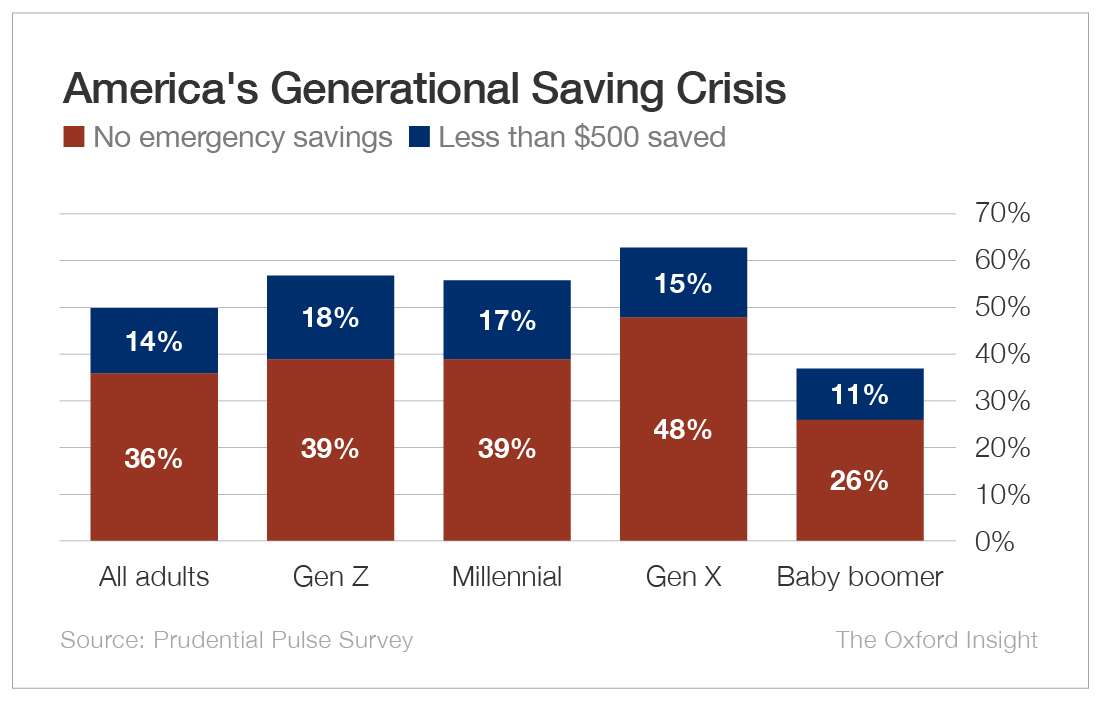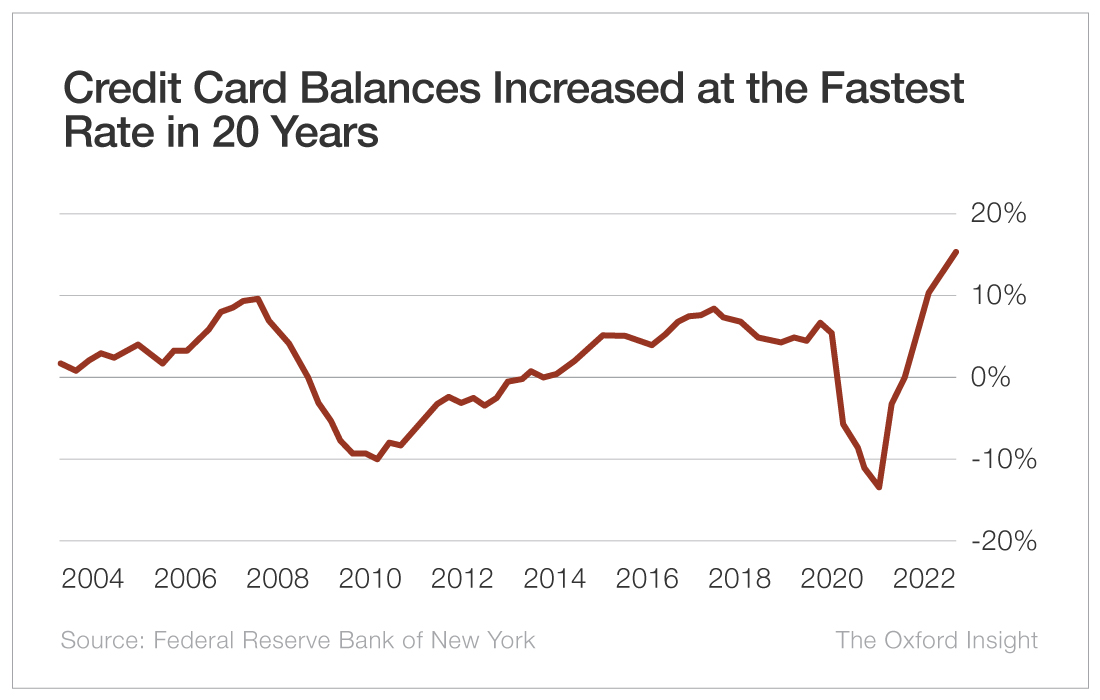|
LEGAL DISCLAIMER Please note everything discussed at this site is a personal opinion of the author and may contain errors or omissions. NO MATERIAL HERE CONSTITUTES "INVESTMENT ADVICE" NOR IS IT A RECOMMENDATION TO BUY OR SELL ANY FINANCIAL INSTRUMENT. It would be your sole responsibility for actions you undertake as a consequence of any analysis, opinion or advertisement on this site.
Total Pageviews
Thursday, January 5, 2023
A startled reality
Shared an analysis important for our future.
Subscribe to:
Post Comments (Atom)


No comments:
Post a Comment